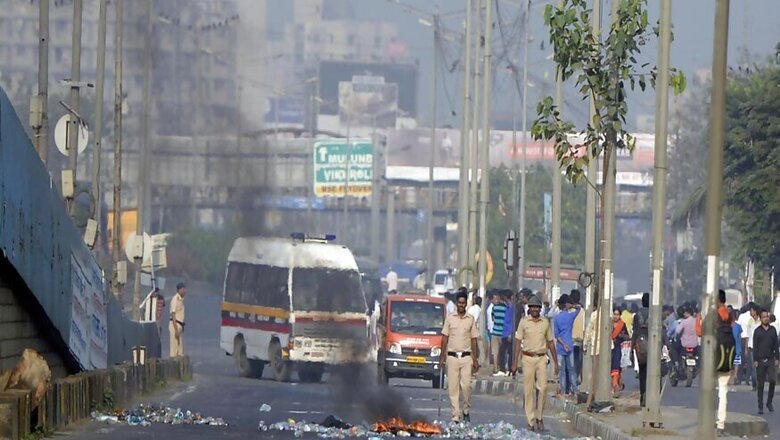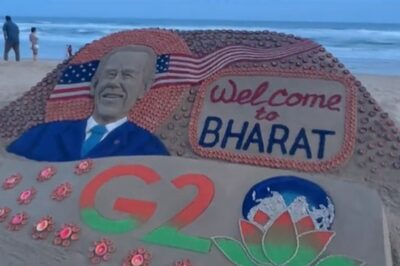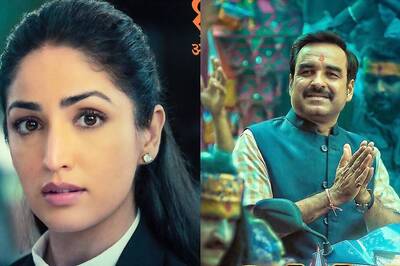
views
The sudden flare up of caste tensions in Maharashtra has raised questions of whether the state is becoming a 'fertile ground' for caste conflict as a resulting effect of a staggering number of farmer suicides.
The concern is only natural as the state — known for its all-round development and progressive ideas — is witnessing caste tensions, especially between Dalits and upper castes, which could spread across the state in no time if not handled with patience and maturity.
While Vidarbha and Marathawada have emerged as regions replete with farmer suicides, western Maharashtra is emerging as a fertile ground for caste conflicts despite being the most prosperous region in the state.
The fact is that though Maharashtra has been ruled by coalition governments since 1995, first by the Shiv Sena-BJP, then the Congress-NCP and now BJP-Shiv Sena with the help of smaller parties, the state has by and large been a peaceful state. Political instability or absence of a single party-rule has not disturbed the socio-political balance in the past two decades.
However, the growing agrarian distress has slowly and steadily been putting a stress on the prevailing equilibrium. This has led to the demand of reservation by the Marathas, the dominant and politically aggressive land holding community in the state. It is a fact that the widening difference in development amid growing aspirations and unemployment has led to significant tension between urban and rural areas of the state.
Growing urbanisation and unemployment has made the youth assertive and aggressive in the name of castes. Multiple organisations catering to these sentiments have mushroomed in the past five years across the state. Political parties are becoming less ideological and more professional in their functioning and thus losing control over such assertive groups.
The violence at Vandu Budruk village near Bhima-Koregaon over who had performed the last rites of Chhatrapati Sambhaji Maharaj — after he was killed on the orders of Mughal emperor Aurangzeb — could not have seen a lesser worse reason for a fight. But it has become an issue in the state evoking strong reactions from Dalits and upper castes (Marathas, Brahmins and others).
Blame game and a show of strength by the interested parties/persons has started and this will only fuel an atmosphere of instability and insecurity in the state.
A senior political leader and the sitting member of parliament from Maharashtra, blames the Marathi movie 'Sairat' for the social unrest in the state. The highest grossing Marathi film of in 2016 showed a lower caste boy falling in love with an upper caste girl and the struggles they are faced with.
The problem being witnessed in Maharashtra in recent times is that people have started to fight over ‘icons’, confining national personalities to their castes, daring each other, smelling conspiracy where there is nothing. Then they become ultra-sensitive about their leaders and symbols and political leaders, organizations sympathetic to them add fuel to the burning sentiments.
Identity politics had its roots in Maharashtra much before the wave of social reforms hit north India. The state, however, did not witness intense caste conflicts in its initial days thanks to the reformist nature of the movements led by social reformers like Jyotiba Phule, Dr BR Ambedkar, Chhatrapati Shahu Maharaj, Gadge Maharaj, Gopal Ganesh Agarkar and Sane Guruji.
The formation of Dalit Panther in the 1970s was a turning point in the Dalit movement with poet Namdeo Dhasal giving a militant tinge to his outfit.
The renaming of Marathawada University after Dr Babasaheb Ambedkar in 1978-79 did trigger caste violence, but was confined to some districts in the Marathawada region.
Political parties, though they played the caste card, sought to neutralise militant tendencies by the ‘accommodated Dalits’ and their organisations in power structures by bringing them into the political mainstream.
The Congress made Dalit leaders — Sushilkumar Shinde, Nashikrao Tirpude — the Chief Minister and Deputy Chief Minister of the state while another backward (Vazara) leader Vasantrao Naik held the CM’s post for the longest period.
Dalit leaders Prakash Ambedkar, Jogendra Kawade and even Sushilkumar Shinde have won Lok Sabha elections from the non- reserved seats.
— Author is a senior journalist.




















Comments
0 comment